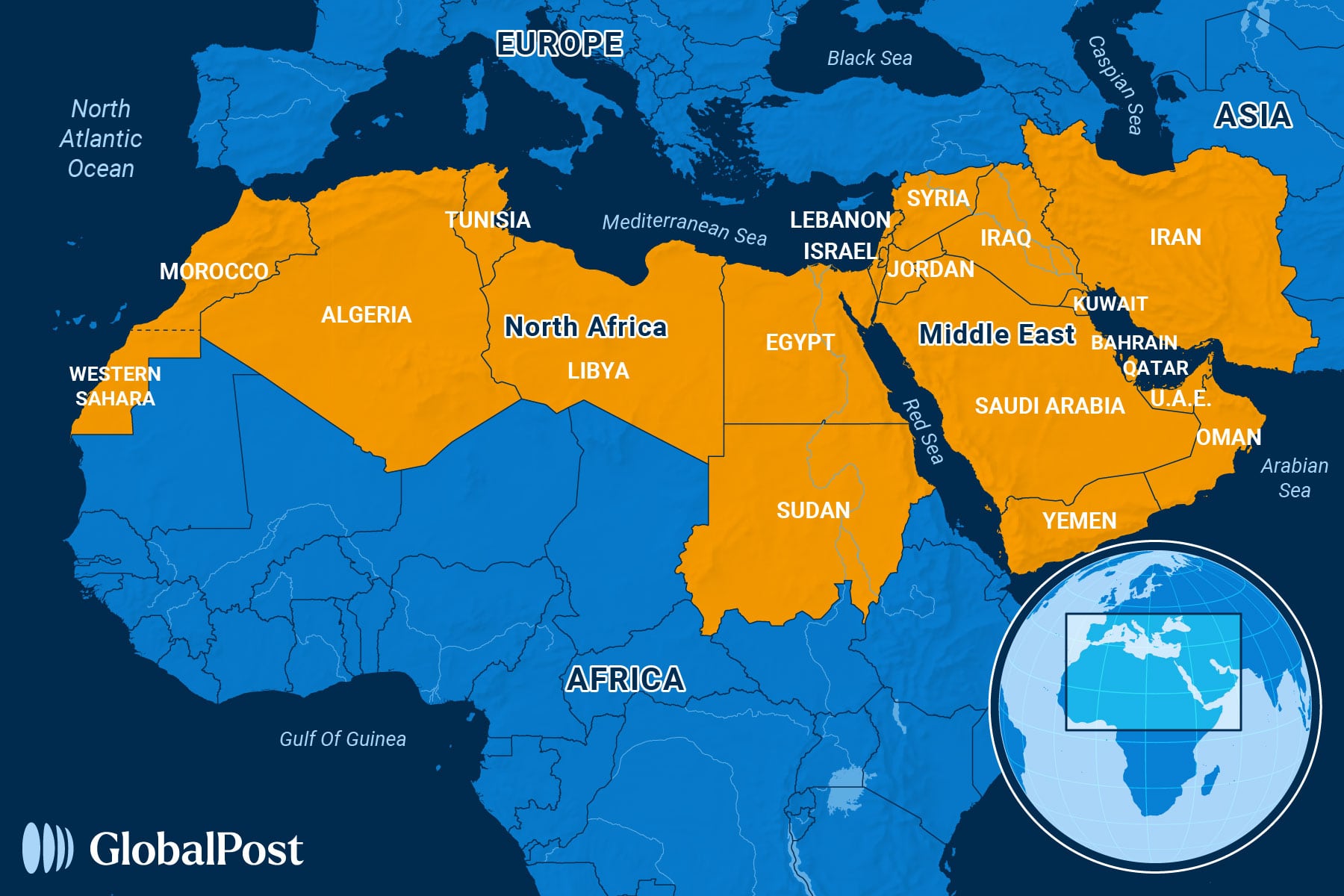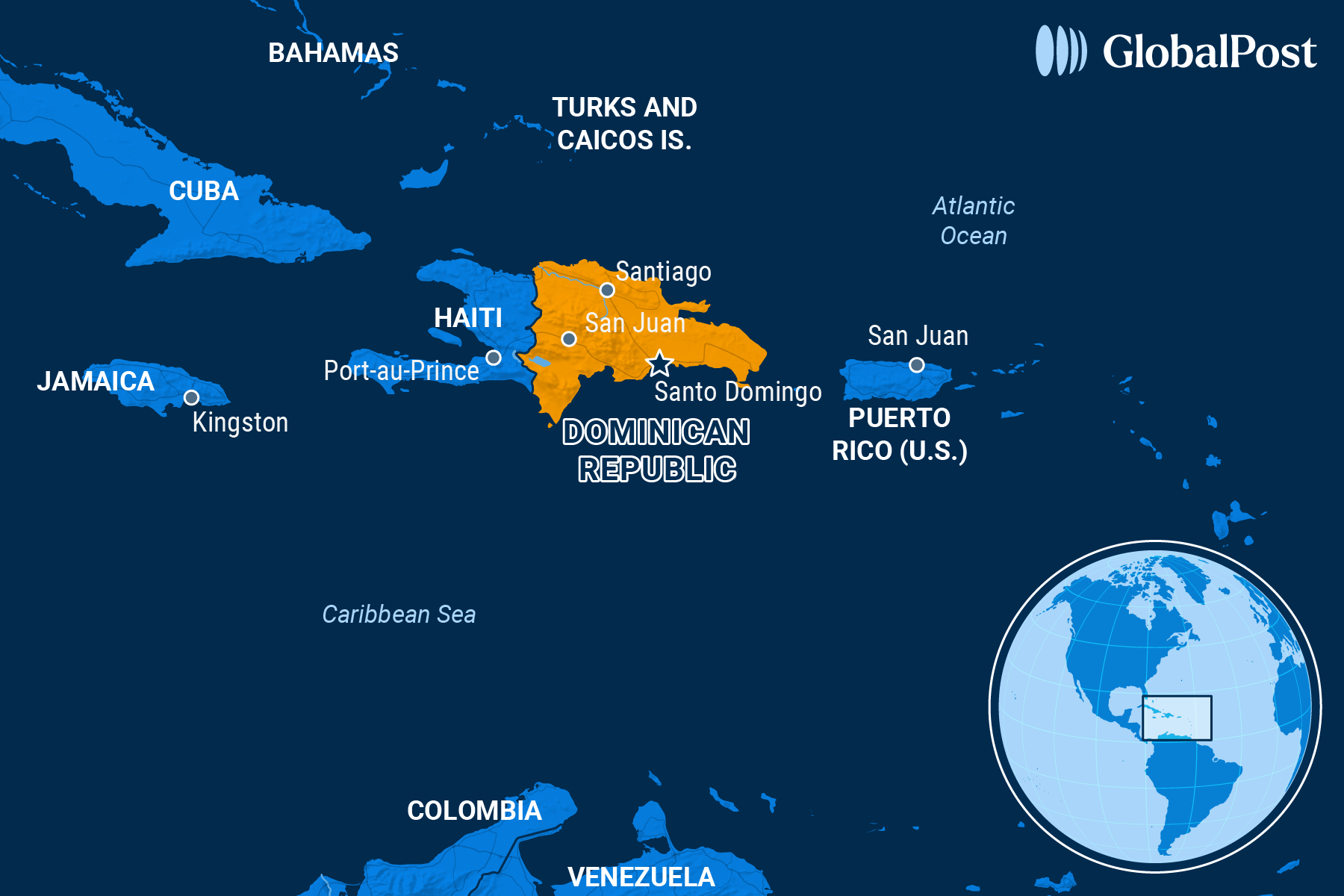Turbulence Ahead: Portugal Holds Vote, Searches For Stability
NEED TO KNOW
Turbulence Ahead: Portugal Holds Vote, Searches For Stability
PORTUGAL

The center-right Democratic Alliance’s minority government under Portuguese Prime Minister Luís Montenegro of the Social Democratic Party fell recently after he lost a vote of confidence stemming from corruption and conflicts of interest linked to his family-owned consultancy, Spinumviva.
As the Fondation Robert Schuman explained, the media uncovered how Montenegro was set to benefit handsomely from his Spinumviva contracts with companies using state concessions as well as new land laws that would help its real estate business.
His predecessor, Socialist Prime Minister António Costa, resigned after he became embroiled in corruption scandals related to lithium exploration and green hydrogen projects, wrote Politico. The Socialists are the junior partner in the governing coalition.
As a result, Portuguese voters on May 18 will elect a parliament in a snap election for the third time in as many years.
Now, according to the Economist, the big question is whether a new government can deliver stability to the country and, equally importantly, whether they need to include the fast-growing rightwing Chega political party – or “Enough!” in Portuguese – that has proposed zero-tolerance for immigration and other hardline policies.
Chega represents a shift from the tolerant, pluralistic society that emerged in the country after the fall of the country’s military junta in the late 1970s, argued a London School of Economics blog post.
But now, their policies reflect discontent over North African, Middle Eastern, and South Asian migrants who have sought asylum in Europe amid violence and poverty back home, as well as the so-called “digital nomads,” or foreigners who have moved to Portugal to take advantage of visa schemes for remote Western workers. Foreign workers, for example, have pushed up housing prices in the capital Lisbon by almost a third in the last five years, added Fortune.
Montenegro appears to be taking Chega’s ideas seriously. Now serving in a caretaker role, he recently announced plans to expel 8,000 foreigners living illegally in the country. He denied that the decision had anything to do with the election, reported the Canadian Broadcasting Corporation – a stance the prime minister’s critics say strains credulity.
The prime minister has pledged not to work with Chega. But, if he manages to assemble a government without them, his margin will be slim and he will be weak, argued World Politics Review. The Socialists, meanwhile, were running only 1.4 percent ahead of Montenegro’s party in recent weeks, local media reported.
Unless there is an upset by a party other than Chega, the country can expect more, not less, instability, noted observers.
“Minority governments in Portugal have tended to be short-lived,” wrote Bloomberg, noting how the Socialists and Social Democratic Party have dominated Portuguese politics over five decades. “In 50 years of democracy, only two have survived a full four-year term.”
THE WORLD, BRIEFLY
Making Peace and Deals: Trump Lifts Syria Sanctions, Deepens Middle East Ties
MIDDLE EAST

The United States will lift sanctions on Syria and deepen ties with Middle Eastern allies, US President Donald Trump announced, as he began a four-day regional tour this week aimed at attracting investment and reinforcing US alliances, the Washington Post reported.
On Wednesday, Trump met interim Syrian President Ahmed al-Sharaa – a former rebel once linked to al-Qaeda who until December was the subject of a $10 million bounty – and described him as a “tough guy” who “has a real shot at pulling it together,” NPR wrote.
That followed a surprise announcement Tuesday that the US would lift its longstanding sanctions on Syria, following requests from Saudi and Turkish leaders. The sanctions were originally imposed in response to former President Bashar Assad’s brutal crackdown on all opposition during Syria’s 13-year civil war. Though Assad was ousted late last year, the sanctions remained in place under the transitional government led by al-Sharaa.
Trump framed the sanctions relief as key to stabilizing Syria and reducing its dependency on Russia, which continues to host Assad and operate military bases in the country.
The move is expected to unlock Gulf financing for Syria’s reconstruction. Former US Ambassador to Syria Robert Ford told the BBC the decision is “absolutely vital” for its recovery. Syrian Foreign Minister Asaad Shibani called it a “new start.”
Trump also encouraged al-Sharaa to join the Abraham Accords, which in 2020 normalized relations between Bahrain and the United Arab Emirates and Israel. Though no agreement was reached, al-Sharaa’s team signaled potential openness to such normalization.
Trump’s visit, which began Tuesday in the Saudi capital, Riyadh, included a visit with Crown Prince Mohammed bin Salman and an address to a Saudi investment forum accompanied by top American business leaders.
Declaring the US-Saudi partnership to be “more powerful than ever,” Trump announced a $142 billion arms deal and additional investments that Crown Prince Mohammed said could total $1 trillion, according to the BBC.
At the forum, Trump raised questions about a broader shift in US foreign policy. He rejected past US interventionism, saying “nation builders wrecked far more nations than they built,” but pledged to use force when necessary to defend allies.
He reiterated opposition to a nuclear Iran but expressed readiness to strike a deal, urging Tehran to engage in ongoing talks.
Observers noted that Trump’s itinerary notably excluded Israel – a move likely to frustrate Prime Minister Benjamin Netanyahu, who has warned against easing pressure on Damascus and Tehran.
Trump’s tour, which included a stop in Qatar Wednesday where the US and Qatar inked deals worth at least $1.2 trillion, will conclude in the UAE.
Protests in the Dominican Republic Against Freedom of Expression Bill
DOMINICAN REPUBLIC

Protests broke out Tuesday on the streets of the capital of the Dominican Republic, Santo Domingo, with dozens of demonstrators, including journalists who are furious over a new bill that critics say could stifle freedom of speech and result in government censorship, the Associated Press reported.
The bill, expected to be passed by the legislature, proposes the establishment of an independent regulator to oversee content published on social media and digital news sites, specifically focusing on what could violate the privacy of children or a person’s dignity.
However, critics believe that this could allow for overreach and say the measure is the latest attempt at media censorship by the administration of President Luis Abinader. The protesters presented a manifesto demanding proper access to public records and elected representatives, along with an end to “harassment, censorship, or reprisals” against journalists.
Meanwhile, some journalists have openly backed the bill, arguing that it protects freedom of expression and encourages respect for public criticism.
Since Abinader took office in 2020, some journalists say he has implemented restrictions on access to government events.
Journalists also say government security during press conferences has become more aggressive. A reporter with local news service ACD Media, Rosalba Escalante, was recently pushed and stepped on by the security detail of Vice President Raquel Peña, who later publicly apologized.
Abinader told journalists during a press conference on Monday that he was not involved in the creation of this bill.
EU Questions the State of Democracy in Italy Under Right-Wing Government
ITALY

European Union officials questioned the Italian interior and justice ministers Wednesday in hearings focusing on whether democracy has deteriorated in the country under Italian Prime Minister Giorgia Meloni, Politico reported.
“Some of us are aware that the rule of law in Italy has deteriorated under the current government,” German Greens MEP Daniel Freund told Politico. He pointed out that there is a difference between how Meloni is perceived in Brussels and Germany and the actual political agenda carried out by her government in Italy.
For example, EU officials are concerned over reforms proposed by the Italian government to the legal system that critics say would give the executive excessive power and would pose threats to judicial independence, an initiative that prompted judges and prosecutors to protest earlier this year.
Allegations of media interference and censorship have added to concerns about democratic backsliding in Italy, Politico added.
This hearing was organized by the European Parliament’s working group on democracy, the rule of law, and fundamental rights, made up of 15 lawmakers from across the political spectrum.
The group played a key role in the EU’s criticism of Malta’s golden passport scheme, a program that allowed wealthy people to buy citizenship if they invested in the country.
According to an internal email, Nicola Procaccini, one of Meloni’s closest allies in the right-wing European Conservatives and Reformists’ grouping in the European Parliament, opposed the hearing, saying that the interviewers exhibited a left-wing bias and had been openly critical of Meloni’s government in the past.
DISCOVERIES
Daggers in the Storm
After a storm in northern Poland, two local treasure hunters encountered a surprise.
On a beach in the Kamień district, they uncovered a small ornamental dagger embedded in a lump of clay, and decorated with stars, crescent moons, and geometric patterns.
Soon after, having met with archeologist Grzegorz Kurka, director of the Museum of the History of Kamień Land, they were told they had found a “masterpiece,” according to a statement from the museum.
The dagger could date back some 2,500 years to the Hallstatt culture, which existed in Western Europe between the eighth and the fifth centuries BCE.
“I didn’t expect to make such a big discovery, but the moment I saw this item, I just knew it could be something valuable, ” said Katarzyna Herdzik, who found the dagger along with Jacek Ukowski. Both are part of a metal detectorists’ group called the St. Cordula Association for the Saving of Monuments.
Archaeologists believe the find came about after the storm dislodged the piece of clay from the face of a nearby cliff. “The cliff was eroded, and the block must have collapsed,” said Ukowski. “I went there with the metal detector because it started ringing there.”
“It’s my most precious discovery,” Ukowski added, detailing to the Polish Press Agency his previous find last year of a broken papal bull likely linked to Clement VI.
Experts think that the dagger might have been cast in southern Europe and then imported to the Baltic coast.
The dagger handle is thin and decorated with sculpted rings. The blade starts out large, about the width of a thumb, narrows into a sharp point, and is decorated with tiny crescent moons and stars at the top and geometric patterns on the rest of its length.
According to museum officials, the decorative stars could represent constellations, suggesting a ritual significance related to a “solar cult.” These intricate decorations are a testament to the exceptional metallurgical ability behind the artifact.
Another theory is that it could have belonged to a wealthy warrior.
“A true work of art,” Kurka told PAP. “I have not seen such a dagger in my experience with discoveries in Polish territory.”
